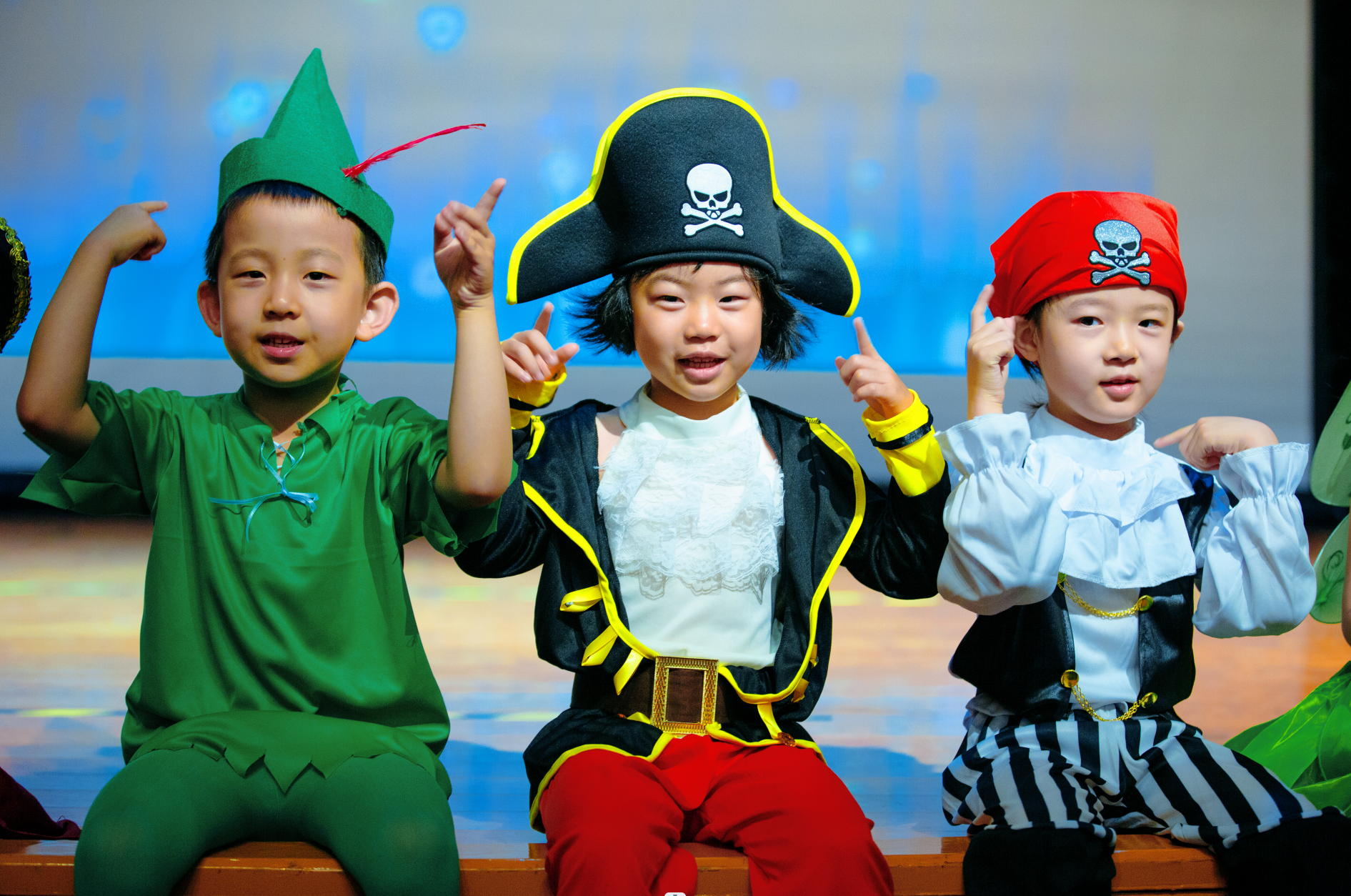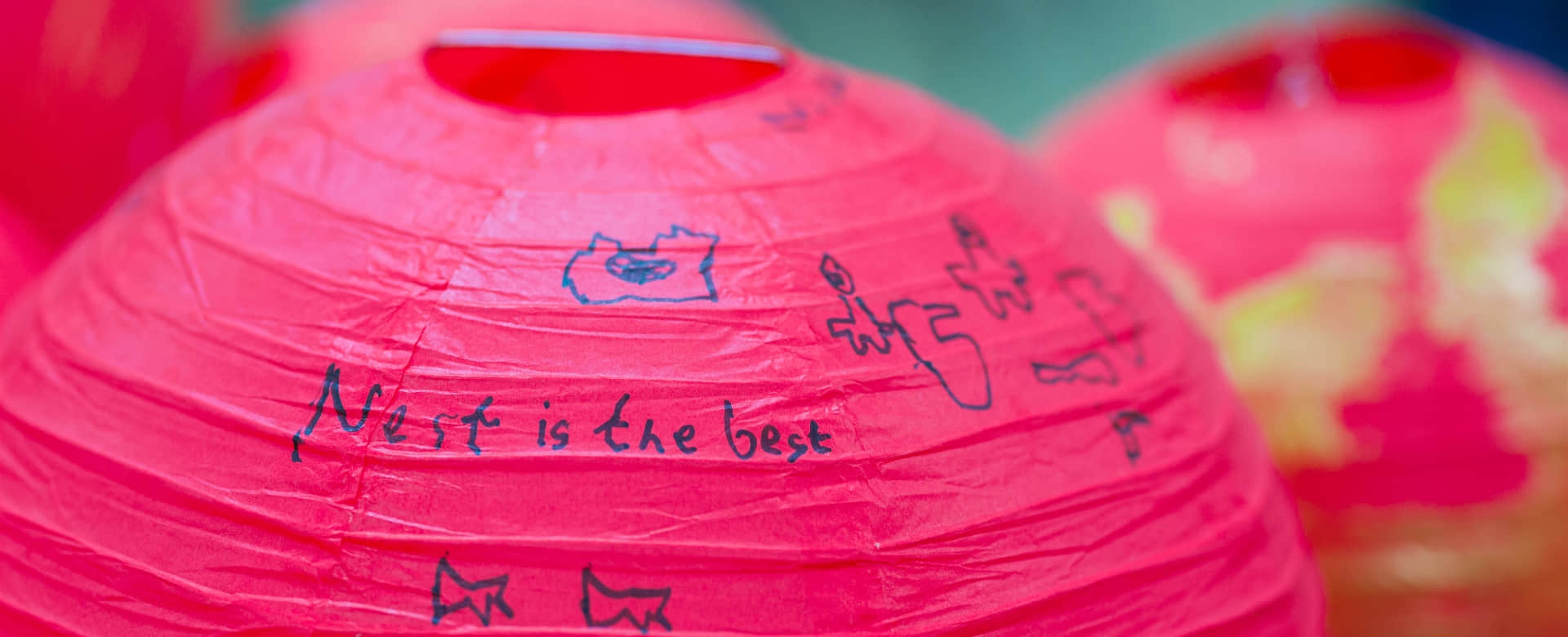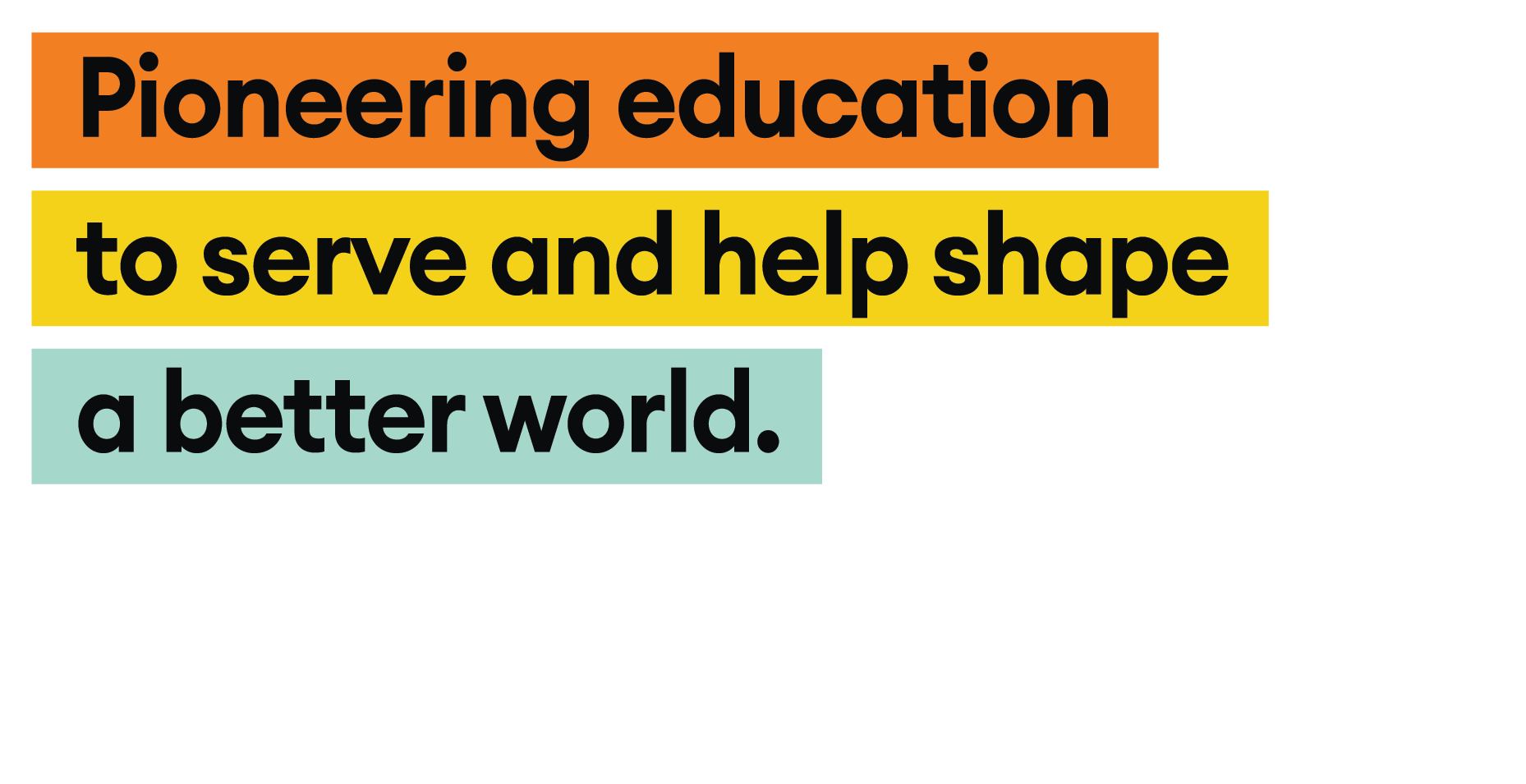Developing Global Citizenship through our Early Years Curriculum

Jan Bennett
Head of Early Years
Global citizenship is how we acknowledge our responsibilities to each other and to the earth itself. It is for us as educators to support children to develop an understanding of how the world works and building connections between the world and local contexts. It is about us as adults enabling our children to develop skills and attitudes that impact positively on the world and our interactions with the people we meet.
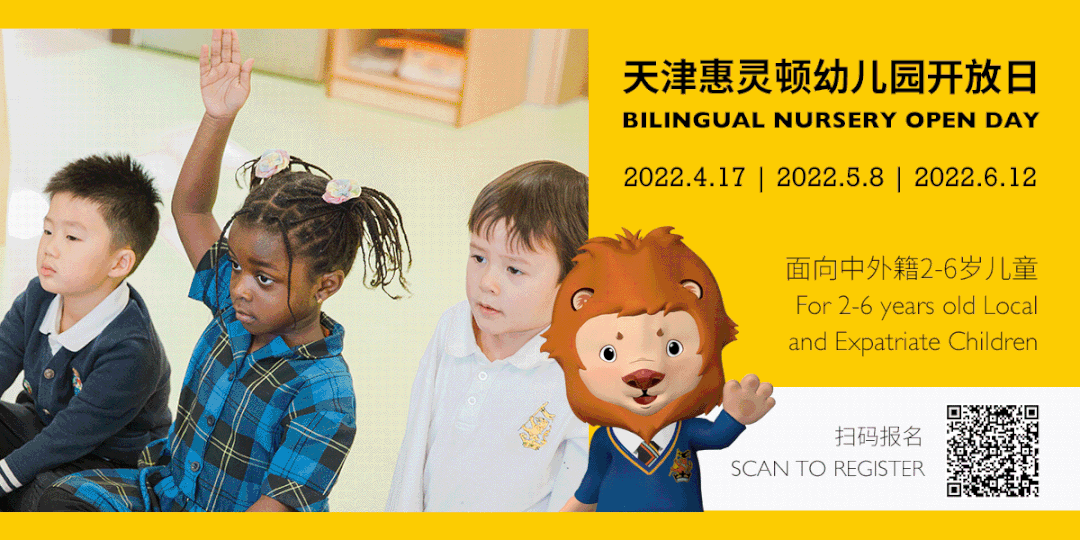
It is important children develop an understanding of diversity and empathy. The concept of global citizenship may seem vast for young children, however, in early years education at Wellington College we deliver this through our school values and identities.
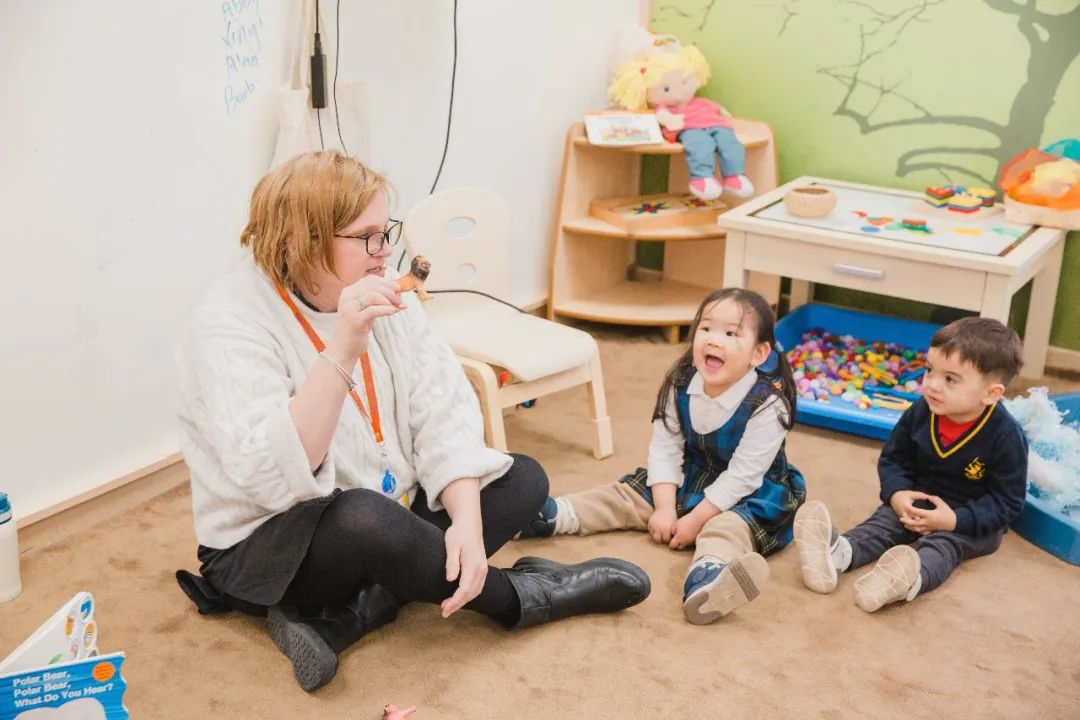
Chinese culture and its ancient history are our starting point as a nursery in Tianjin. We have children from different locations around the world as well as children born and raised in China. By learning about aspects of Chinese culture and language, we provide an anchor point for exploring different cultures and language. For young children it is important that they learn to see things from a different perspective, to learn there are different ways of doing things, and new ways to look at things on a global level.
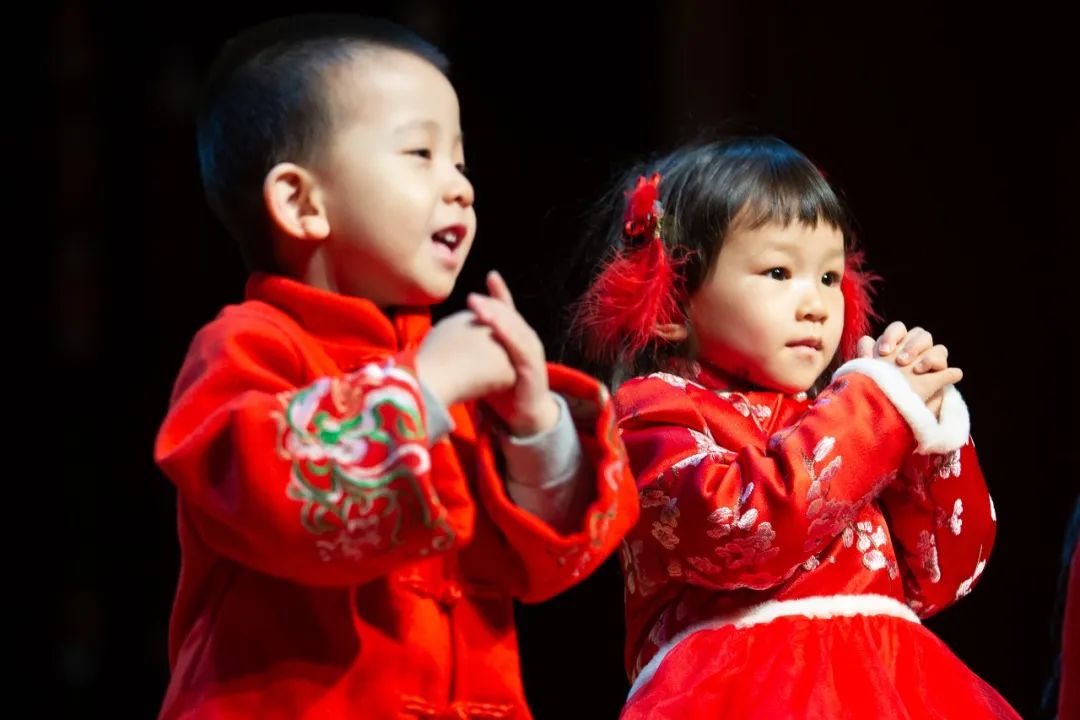
Language for learning
For children language is never a barrier to friendship. Play is a universal language and one which children are excited to participate in regardless of the languages children speak. In the Nest our teaching team seize this and plan exciting learning that is presented to children through thoughtful provocations to learn with challenge questions to lead and extend the learning. We have children who speak a range of languages and they are all valued and celebrated.
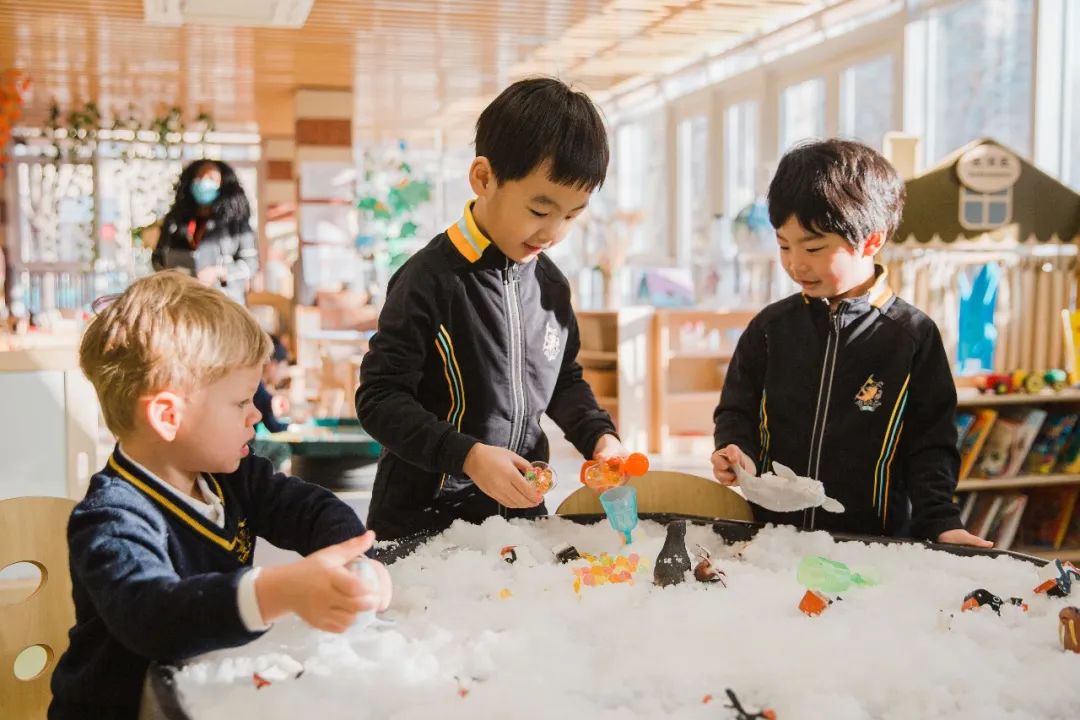
By learning and exploring, by learning to speak with confidence and an awareness of the power of words, we encourage our children to develop as confident communicators over time. Language development of mother tongue or any other languages takes time to embed. Children go through stages of language acquisition and as exposure increases, so does their understanding. The understanding, or receptive language, develops first. They learn to understand what is being said before they begin to speak, known as expressive language. The way our teachers work with the children in an immersive language environment, and their knowledge of child development and language development, is an excellent learning environment to support your child to become a global citizen.
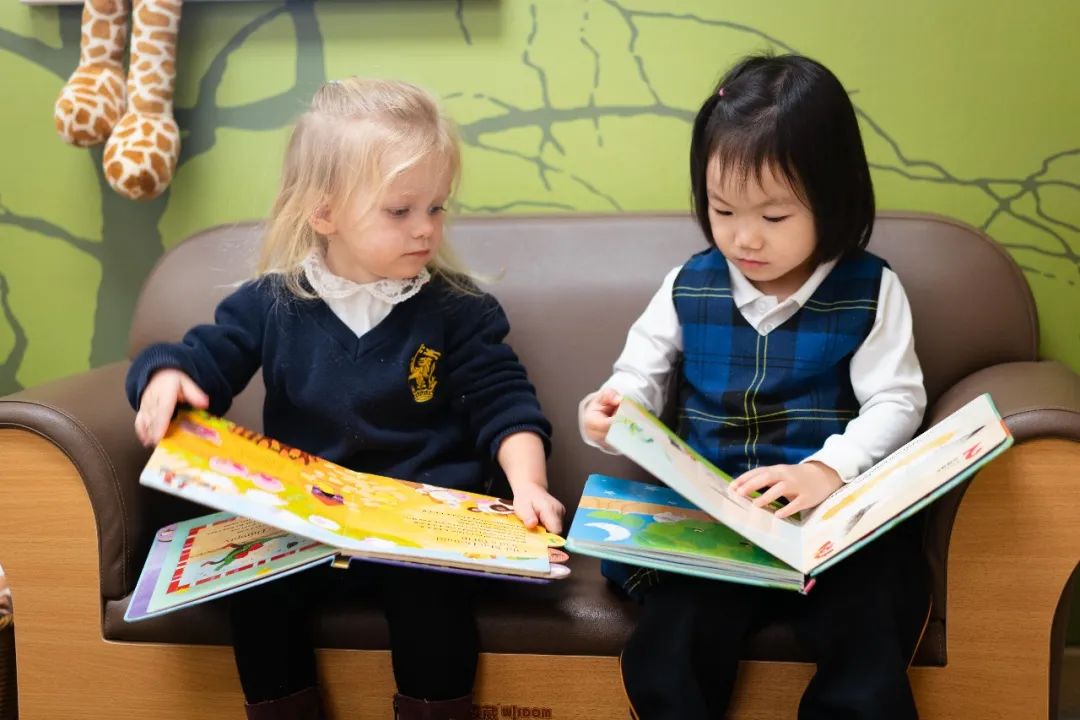
What is the benefits
of learning other languages?
Learning languages other than your mother tongue is more than something you can add to your CV/resume when you apply for university or employment. It is a skill that supports your learning and development from early childhood through to adult life. For people in some countries, there is a natural bilingual ability. For example, in Canada, many are natural bilinguals speaking English and French with equal ability. This can also occur if a family has mixed heritage and the parents use two language equally in the home. This supports children to develop as natural bilingual speakers. The reason a child learns two languages is because they hear two languages in equal measure.
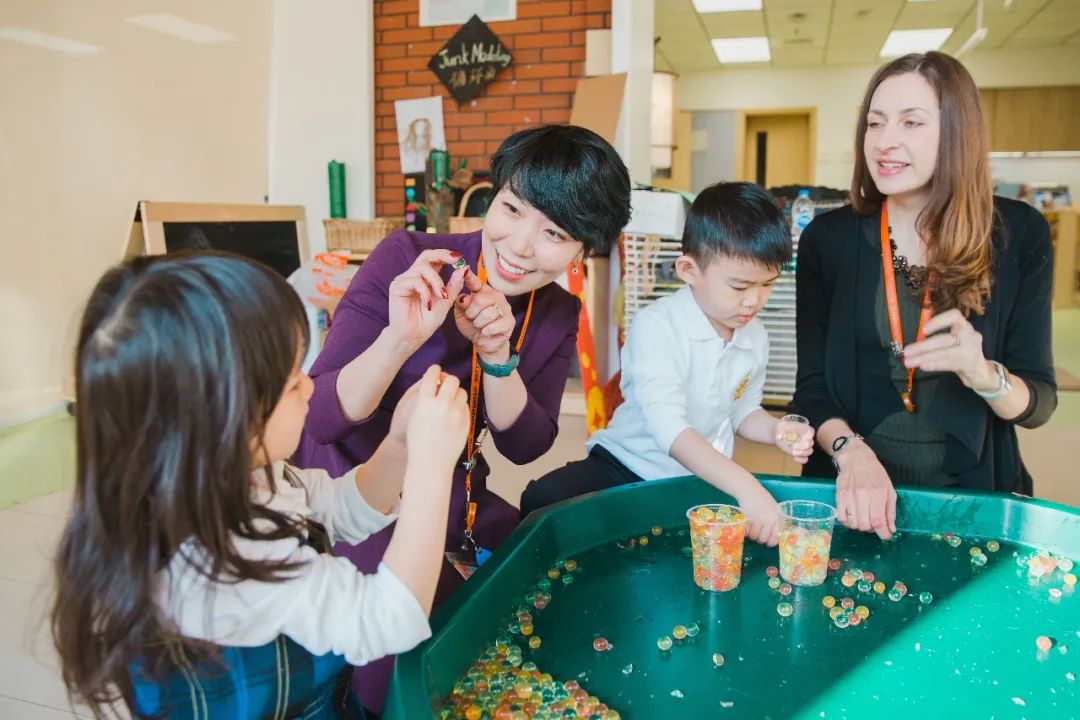
Developing a second or third language is successful in an immersive environment. Many people who wish to develop language skills move to live in a new country as hearing a new language all around you daily and having to find a way to communicate effectively helps you to ‘tune into’ language and make links in your learning by mapping what you hear with what you see happening around you.
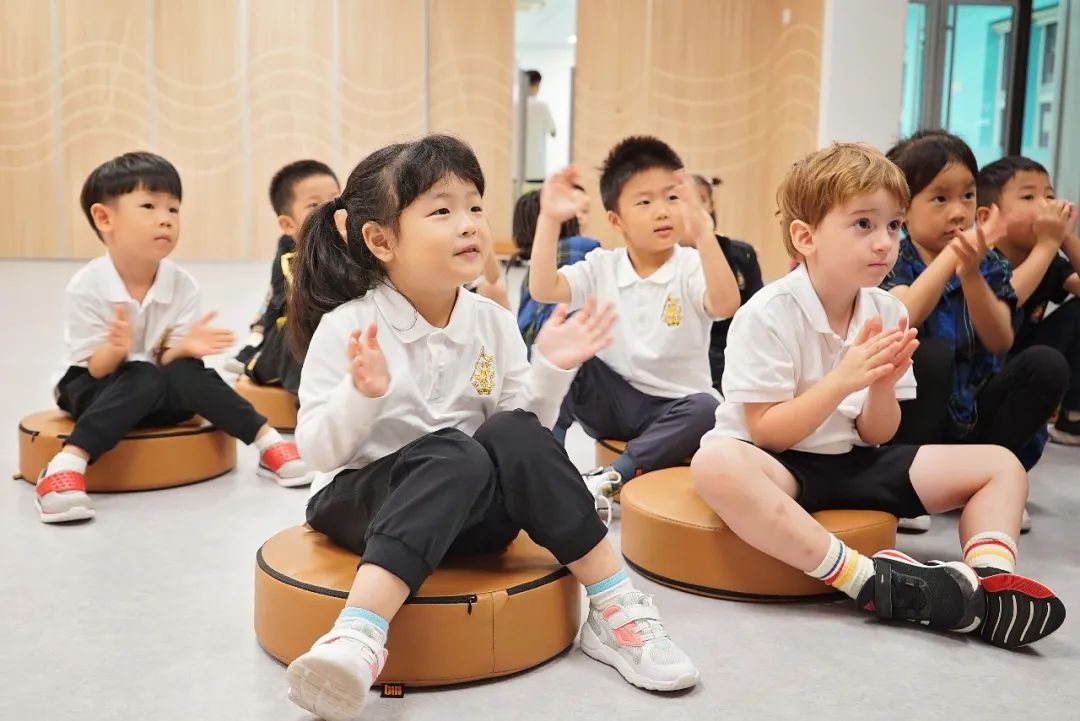
What does science tell us?
Research shows that young children acquire spoken language more rapidly in their early years. Babies and young children form neural connections at a rapid pace. As our brains develop, they become specialised in reinforcing neural pathways that are most regularly used. This makes our brains efficient. Due to the brains elasticity at a young age and the rapid formation of neural pathways, babies and young children learn language at a rapid rate compared to adults. This applies to mother tongue and additional languages. This period of time in the scientific community is sometimes referred to as ‘the critical period’.
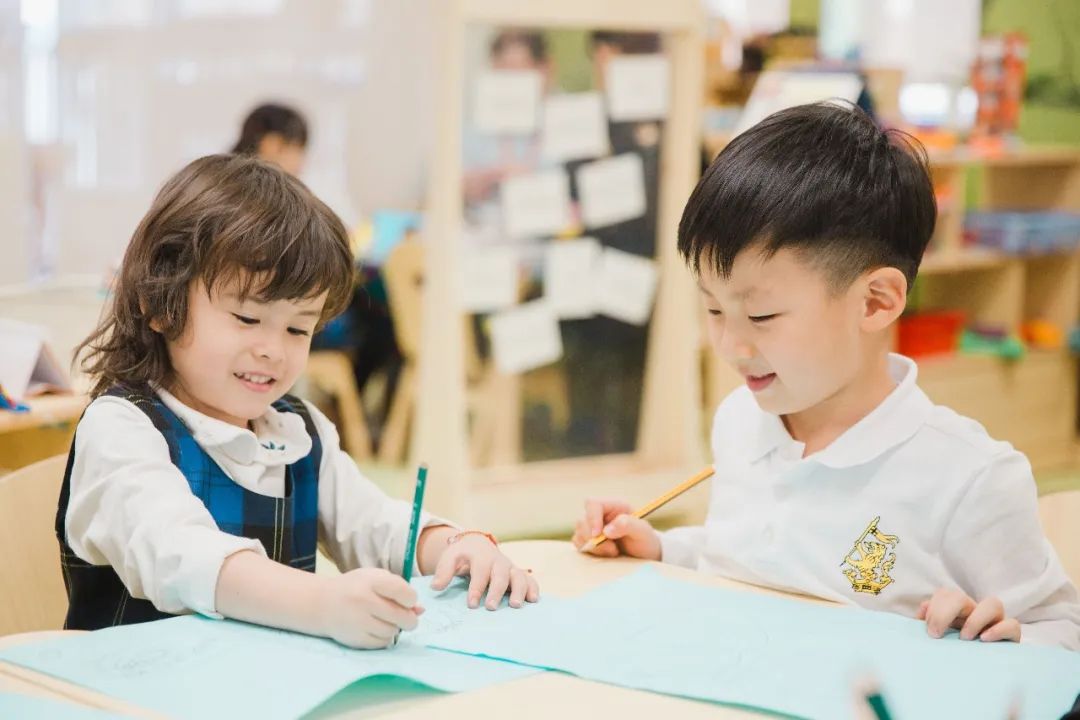
The Nest Perspective
For the Nest children our curriculum allows children to hear two languages during intentional teaching, questioning, narrating a child’s learning, stories, songs, collaborative learning and social opportunities. For native Mandarin speakers there is therefore a benefit of academic language being embedded in their mother tongue and in a second language. All our teachers are highly qualified educators with experience of the Chinese education system and a global education system. Delivering our teaching and learning through a Wellington College Education (China) curriculum, with the Wellington values at its core, we work together to develop a global perspective and understanding of the world through developing respect for our environment, differences and languages. We learn to celebrate similarities and difference across the world’s cultures.
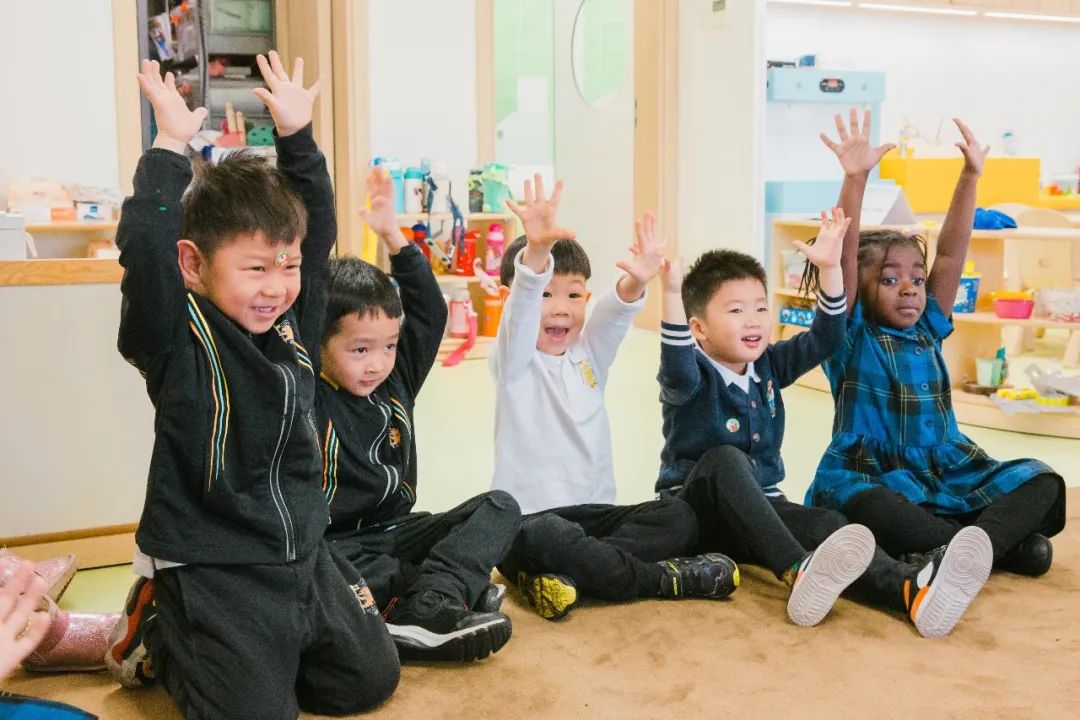
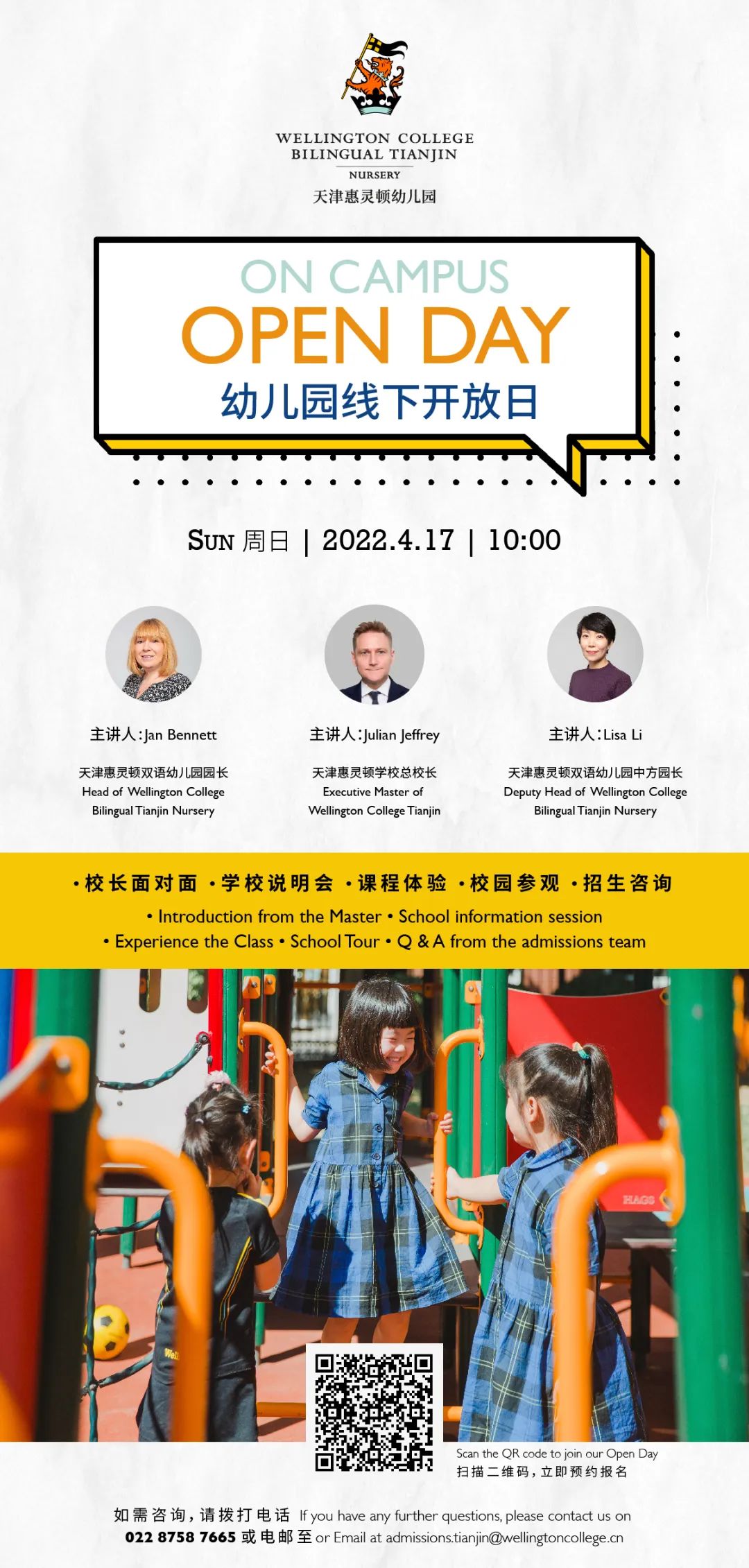
Related Articles








 Channel
Channel 
 Linkedin
Linkedin  Weibo
Weibo  Facebook
Facebook  Ins
Ins 

